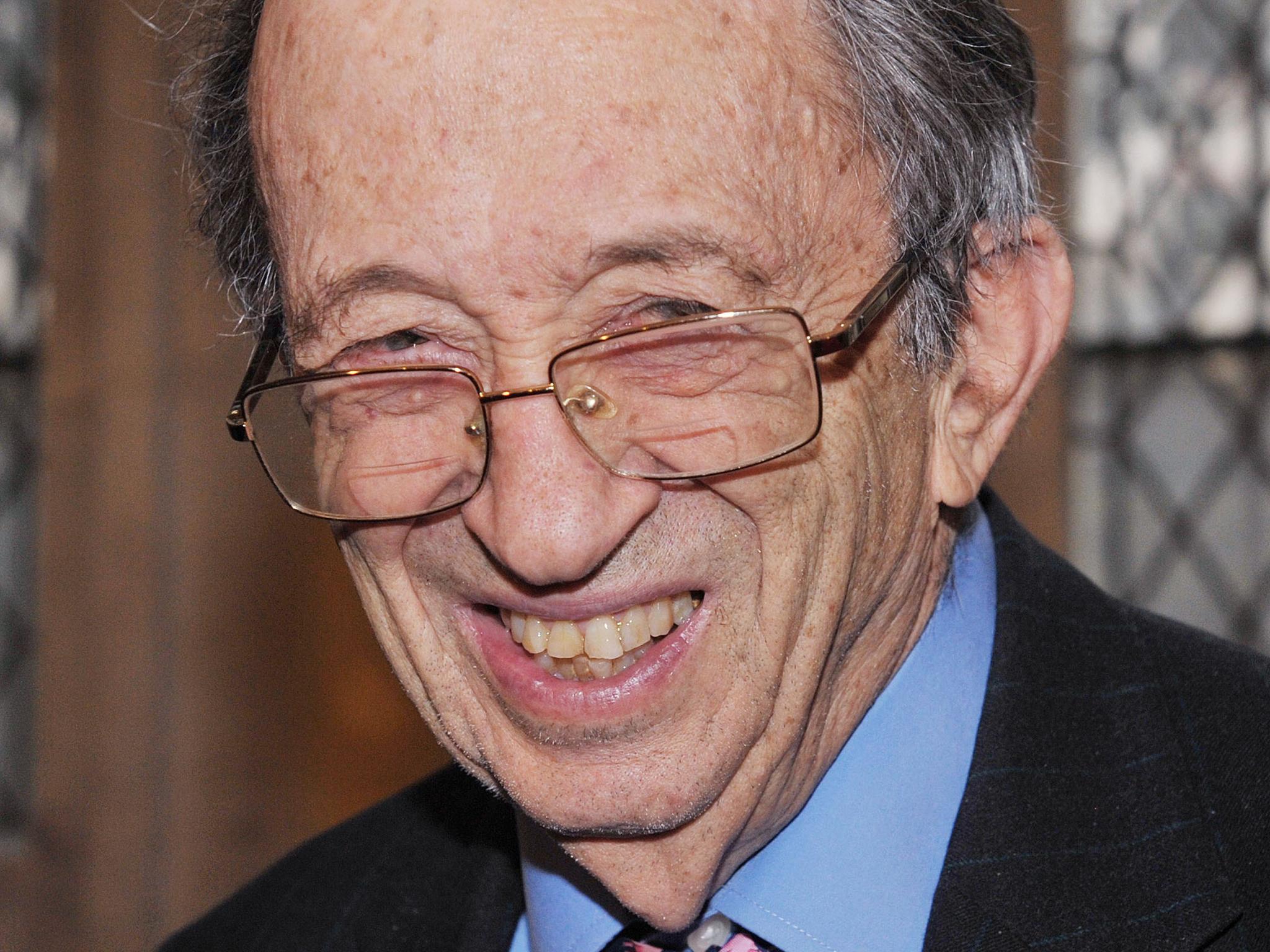Joel Joffe, obituary: defence lawyer who represented Nelson Mandela in historic Apartheid trial
Lord Joffe defended Nelson Mandela in the 1960s before devoting his life to business and charitable endeavours in England

Your support helps us to tell the story
From reproductive rights to climate change to Big Tech, The Independent is on the ground when the story is developing. Whether it's investigating the financials of Elon Musk's pro-Trump PAC or producing our latest documentary, 'The A Word', which shines a light on the American women fighting for reproductive rights, we know how important it is to parse out the facts from the messaging.
At such a critical moment in US history, we need reporters on the ground. Your donation allows us to keep sending journalists to speak to both sides of the story.
The Independent is trusted by Americans across the entire political spectrum. And unlike many other quality news outlets, we choose not to lock Americans out of our reporting and analysis with paywalls. We believe quality journalism should be available to everyone, paid for by those who can afford it.
Your support makes all the difference.In the early days of the 1963 trial that would lead to Nelson Mandela’s imprisonment for the best part of three decades, Mandela entered the Supreme Court of Pretoria, clenched his right fist, turned to the audience and shouted out "Amandla!" (Power). A large part of the audience, the black audience, replied in chorus "Ngawethu!" (It shall be ours).
Looking on at the time was Joel Joffe, the primary defence lawyer for Mandela and the other members of the African National Congress who were standing trial for sabotage. “That round, I thought, had definitively gone to the accused,” Joffe later wrote of that moment. “We weren’t so sure about the next.”
Joffe knew the task of defending Mandela and his companions would be arduous. South Africa intended to stage a show trial – one that would deliberately hamper the rights of the accused and seek to undermine the growing anti-Apartheid movement.
The accused, meanwhile, opted to confirm much of what they were accused of, so as not to disown the cause. Mandela and two others decided not to appeal the ruling, even if it meant death.
Many other lawyers had declined to represent the men. Sickened by the attitude of his peers, Joffe took on the case, though he thought it a lost cause.
Joffe, who had grown up Johannesburg in exclusively white society, the son of a Palestinian-born mother and a father from Lithuania, was appalled by the Apartheid regime. But he had not realised the full extent of its horrors before that trial. “I was educated by the accused,” he said.
As a Jew, he might himself have felt targeted by the country’s culture of discrimination, however. Ahead of the trial he was told it seemed logical that policemen would be made anti-Semitic by the fact two of the accused, who were Jewish, had been “going around stirring up the Bantu”.
Joffe and the other defence lawyers sought to avoid the death sentence, even as the accused went on the offensive, putting the system of apartheid on trial. The daring strategy was successful: condemnation of Apartheid poured in from the world over, and the accused were sentenced to life imprisonment, not death.
Following that trial, Joffe left South Africa for England, where he co-founded Hambro Life Assurance, which was later renamed Allied Dunbar and became one of Britain’s largest ever insurance firms.
He used his position on the board of Allied Dunbar to push the company to donate to charity. From the 1980s he became active with Oxfam and in 1995 became its chairman. He was also a patron to Humanists UK.
Made a lord in 2000, he championed the right to assisted dying – to him “a matter of human rights” – sparking a national debate on the question.
Joffe is survived by his wife Vanetta and their three daughters.
In 1990, Mandela was finally released – and four years later became South Africa’s first black president. He would often say, jokingly, that Joffe had sent him to prison for 27 years. In truth, Mandela was grateful to Joffe, whom he called “the tireless attorney” and “the general behind the scenes in our defence”.
Thinking back, Joffe said in 2007: “I was quite convinced that freedom would eventually come to South Africa, but it would probably be in about the year 2020. And I had assumed that all the accused would die in jail.”
Of the day Mandela was released, Joffe said: “It was such a moment of joy and happiness and astonishment to see Nelson Mandela walking out. We of course will always remember that.”
Lord Joel Goodman Joffe, born 12 May 1932, died 18 June 2017
Join our commenting forum
Join thought-provoking conversations, follow other Independent readers and see their replies
Comments